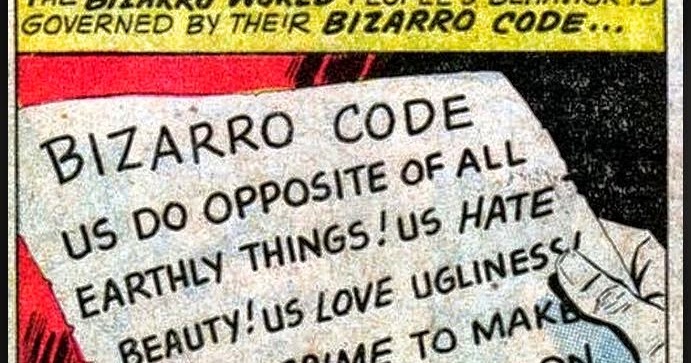It seems the vast majority of movie reviewers today live in some kind of Bizzaro World where good is bad and bad is good.
It’s become blatantly obvious that the reviewers whom media publications hire to inform the public are failing to do so. My guess is they are using a separate set of criteria to judge the movies than the consumer does and this is coming about due to a collusion among them.
Secret journalist email lists are not unheard of. The Gamergate scandal revealed such a list existed within the games journalist industry and was used to orchestrate a unified narrative about games the list owners did not like or were paid to like, as well as create non-stories about social issues as personal favors. Or (as well known in the case of Gamergate) distort facts about a scandal facing the publications themselves about payola and journalists sleeping with indie developers in exchange for positive reviews.
If games journalists who work at different publications can coordinate their reporting, is it not possible that movie reviewers could also be doing the same thing?
It would certainly explain why obvious box office bombs like the Ghostbusters reboot were championed so passionately by the vast majority of movie bloggers while sure-fire audience hits like Suicide Squad were systematically given much lower scores than they deserved.


Vs.


These kind of judgement mistakes among a large number of movie bloggers don’t seem to be coincidence when you look at the number of ‘fresh’ and ‘rotten’ reviews for both movies. 208 of Rotten Tomatoes’ officially recognized bloggers told the public that Ghostbusters is good and 204 of this same group of reviewers said Suicide Squad was bad. This judgement is utterly detached from market reality, which is why I said before it is as if the journalists live in Bizzaro World.

As anecdotal as it is, it really looks more like an organized disregard for audience expectations among movie bloggers in favor of a different narrative. I greatly suspect that a secret group for coordinating movie reviews among bloggers exists for the same reasons such an effort exists among video game reviewers; payola.
The problem with secret groups is that they never remain secret; inevitably someone is rubbed the wrong way and in retaliation reveals the existence of the group, knowing the scandal will hurt the people who had caused their pain. This is how the Gamergate group was exposed and I suspect the public will eventually learn about such a thing among movie bloggers in this same fashion.
The other factor that should be considered is that headlines which talk about how a movie with a lot of expectations will fail seem to get more attention than headlines which imply a film will succeed. I can see this with my own articles on this blog; my Ghostbusters related articles are getting considerable traffic — considerable because my blog is not a Google News aggregator yet I am receiving the bulk of search engine traffic for keywords related to “Ghostbusters flop” and “Ghostbusters bomb“. If I actually carried third party advertising on this site I probably would have earned an extra $400 dollars from all the traffic to these articles alone.
If the bloggers realize that articles which trash a movie get more views than articles that applaud a film, it’s possible that the ‘pay per impression’ scheme which blog sites use to determine payment for their writers encourages dishonest reporting about movies for the purpose of making an extra buck. This is one of the reasons why paying journalists based on how well their articles perform is problematic for journalistic ethics — if you are only rewarded for reporting articles that get a lot of clicks you become less interested in sharing truths when the truth is not popular.
On the other hand, applauding a film that is largely hated like the Ghostbusters reboot might have the opposite effect if the comment section to these reviews is any indication. I am always surprised to see how many people try to argue with the reviewer in the comments when it is so obvious the article is written as clickbait.
I suspect we’ll have a big scandal in a year or two where answers to some of my speculations get revealed. Until then we should read movie reviews from popular blogs with a grain of salt and accept that something fishy is going on in the blogosphere. If Rotten Tomatoes’ aggregators aren’t intentionally trying to deceive the public for ulterior reasons then they just plain don’t know what they are talking about. It’s either one or the other.




